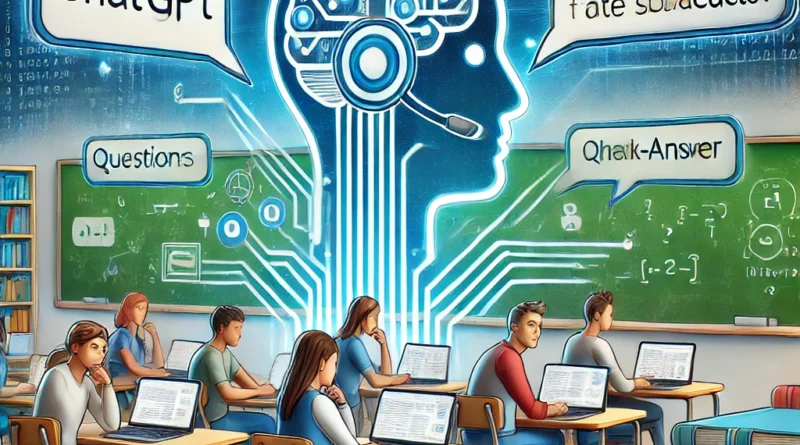ChatGPT Adds 50 Million Weekly Users in Two Months: The Impact of AI on Students During Back-to-School Season
ChatGPT remains one of the talked about topics, and adds 50 million users weekly within a period of two months. That falls during the back-to-school season where students increasingly turn to AI for research, homework, and, in some cases, less academic purposes like “cheating.”
As the schools are gearing up for this year, the students are learning how ChatGPT can help them in research, essay writing, and even coding assignments. However, this rapid growth raises questions about the ethical applications of AI in education.
Why are students going with ChatGPT?
It’s during this back-to-school season that has fueled the user spike. Students make extensive use of ChatGPT to gather information in a split second, summarize complex material, or even brainstorm ideas for projects. The AI tools offered by ChatGPT assure time-saving and faster ways of acquiring quick answers to questions or gaining better understanding of difficult matters.
But there are some concerns about the rapid growth of AI in education, too. Teachers fear that with this online tool, ChatGPT, students will readily dodge real work and critical thinking by making inappropriate use of it.
Growing accessibility to AI is thought to lead to academic dishonesty and plagiarism as two significant concerns. It is in this context that the ethical debate of assistance or cheating hinges on.
For one, it will also help the students get ahead of the game in class by giving them precious insights. However, the connection with ChatGPT and how it is used is very thin in the areas of use of AI as a learning tool as opposed to using it to cheat on assignments. As AI technologies become more entrenched in education, there will increasingly be a need for schools to review their academic integrity policies and to teach the proper use of tools like ChatGPT.
In fact, some institutions have already started thinking about integrating AI literacy in their curricula in order to be able to teach students the proper application of ChatGPT, distinguishing when it can be used properly and when it cannot.
The Future of AI in Education
The explosive use of ChatGPT in back-to-school season reflects a change in paradigm in terms of education. With proper guidance, AI promises to change how students learn, research, or acquire new skills. However, any emerging technology, whether it is AI or something else, would need to focus on responsibility; this would ensure students’ proper utilization of these tools for augmentation, not replacement, of their learning experience.
